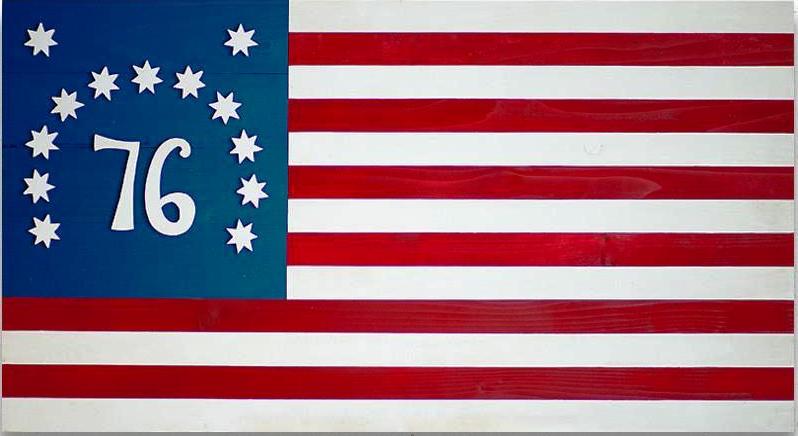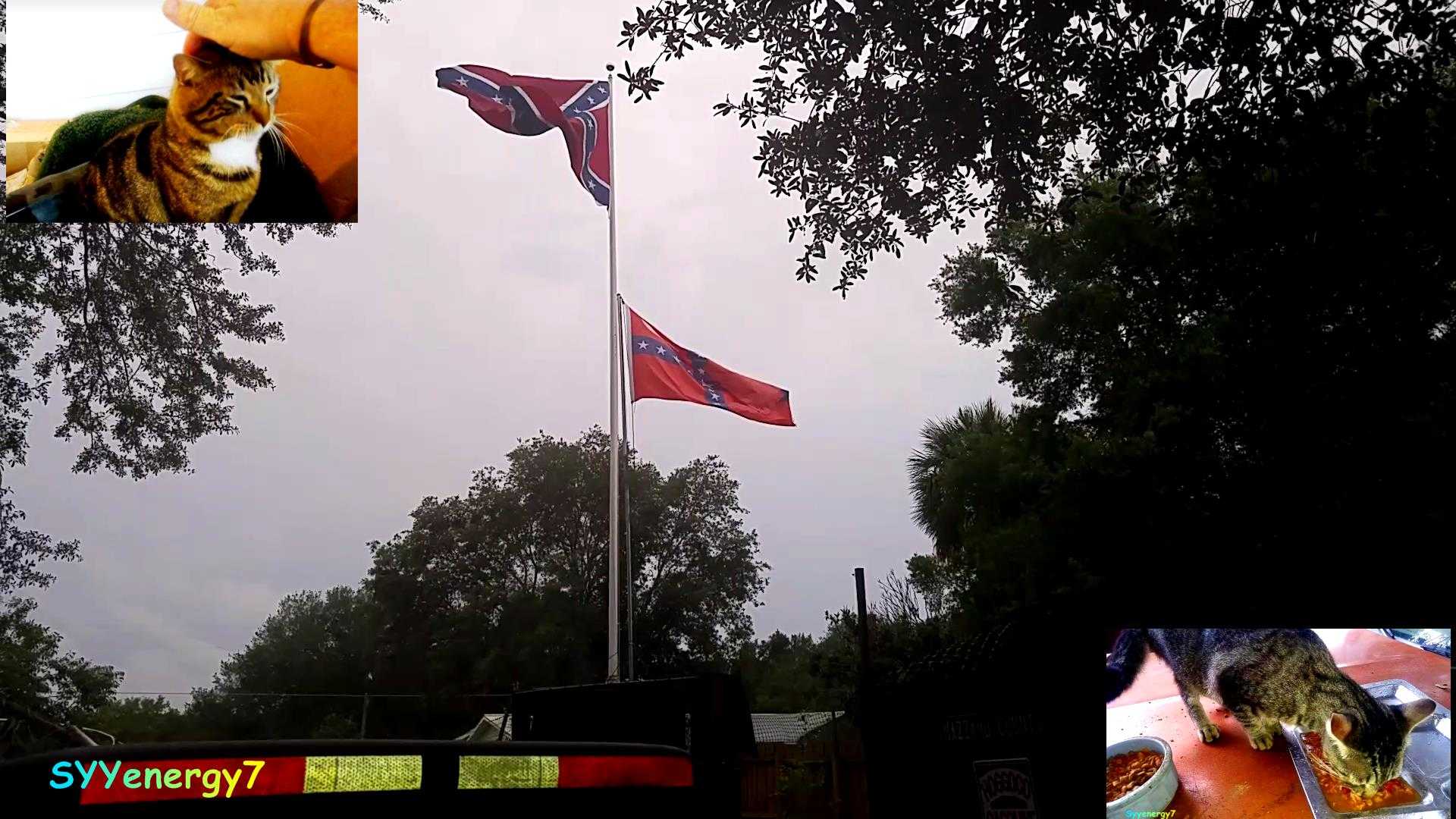In snow shoe
mouth deep they came that 27th day of September 1780, a long column of mounted
riflemen full of wrath and anger. The long slender rifles of the frontier
(aka Flintlock American Long Rifle, Pennsylvania Rifle, Kentucky Rifle) were
balanced across their saddles and knives strapped on their belts. They
were "Over Mountain Men" from western

